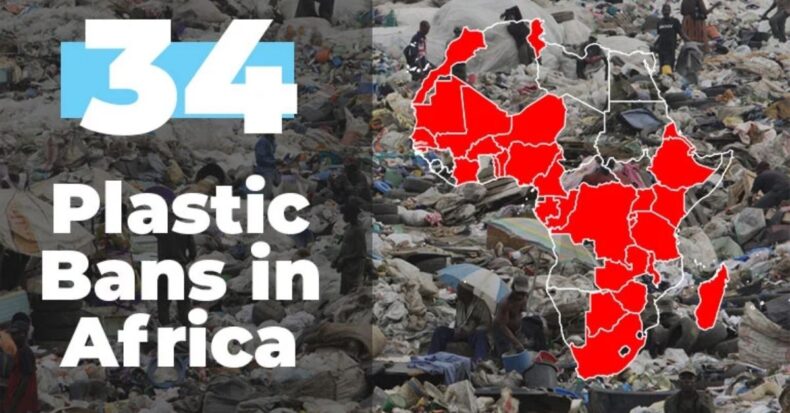Plastic pollution
Since the beginning of the industrial revolution, human beings have come a long way as a species, designing so many varieties of non perishable products to make our lives easier, while blatantly disregarding the clear signs of our planet being ruined right in front of our eyes.
Plastic was the greatest boon of modern science and technology, and also the greatest bane of our planet in long term. Well what goes around , comes around.
With the destruction of natural resources by human made trash, our rivers, oceans, lands and even Mountain ranges are clogged and choking with plastic waste.
In fact very recently scientists found plastic in small contents inside human blood also known as “Micro plastics”.
To think that the original problem of plastic pollution has reached such alarming levels due to our ignorance and greed as a species, sparks the need for change.
With the threat of extreme climate change looming on the planet, there has been a collective effort from all over the world to stop the production and use of single use plastic.
Bangladesh was the first country to impose a total ban on the use of single use plastic. Many countries followed in Bangladesh’s footsteps by imposing complete or partial ban of Single use plastic.
Most of the plastic we make, end up in our lands and oceans, two of our primary sources of food and other necessities.
Considering the time taken by a plastic product to decompose by itself is 1000 years, the plastic we make stays behind in our environment long time after our life spans.
This is of great concern for environmental scientists and activists in so many different levels. The damage inflicted by our doings has an adverse and long-lasting effect on the health of our planet.
Africa leads the anti-plastic efforts

With most of the nations of the world joining hand in hand for transition into a greener-cleaner and eco friendly living condition, Africa is leading the charge.
Of the 177 countries that have pledged to ban the use of single use plastics, nearly 77 have passed full or partial ban, out of which 34 countries belong from South Africa alone.
Countries like Uganda, Tanzania, Botswana, , Cameroon, Malawi, Morocco, Ethiopia, Mali, South Africa, Rwanda and Kenya have strict policies on the use of single-use plastic.
Some African countries have imposed partial bans on single use plastic, while some’s governments levy a substantial amount in taxes on them.
As of 2019, Tanzania has declared that visitor’s will no longer be allowed to bring plastic bags during their visit to the country.
This includes all plastic carriers, regardless of their thickness. Even in-flight announcements are made on flights enroute to Tanzania, to inform travelers about the ban of single use plastic bags.
Special counters are also set up at the airport’s and border outposts for visitors to surrender any kind of plastic bags.
The only exception to the rule is zip lock bags used as toiletries, provided they leave Tanzania with you. Travelers are encouraged to bring cloth carry bags instead of plastic.
Conclusion
With more and more countries joining the drive in ban of single use plastic, tides may have turned finally. The new technological advancements are enabling us to find better alternatives for eco-friendly products and procedures to replace and eliminate the world plastic problem.
Plastic pollution in ocean is one of the biggest threat to marine wildlife.

With global effort synchronization it may be possible to stop and undo the damage we have inflicted on nature.
The long arduous and painstaking journey for the renewal and rejuvenation of the blue planet has just begun.
Published By : Chittajallu H S Kumar
Edited By: Kiran Maharana













